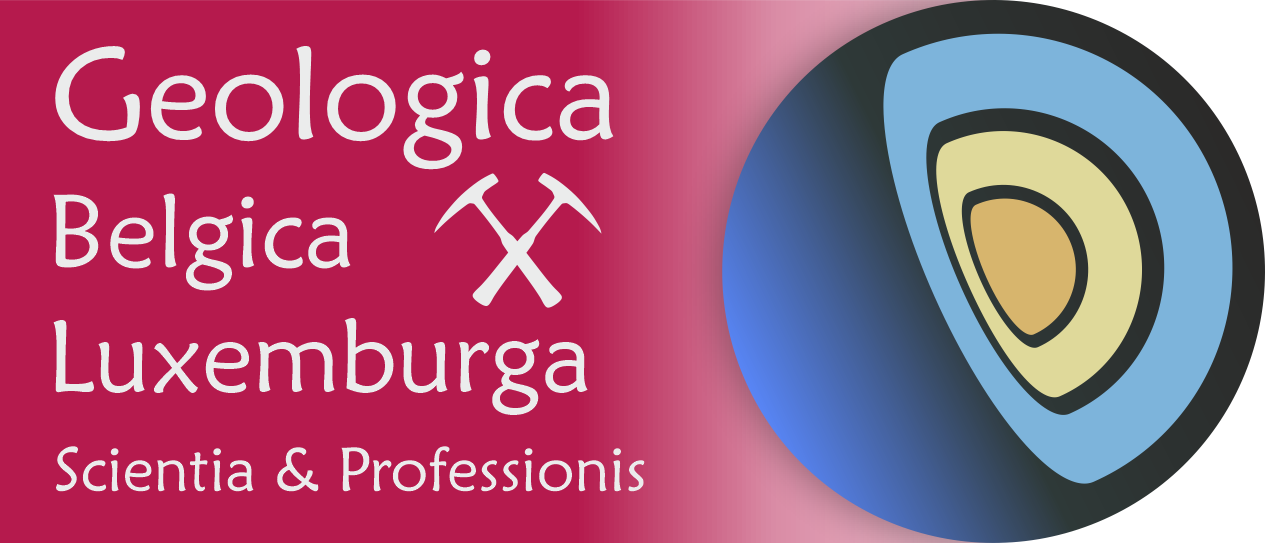The late Late Albian (Mortoniceras fallax Zone) cephalopod fauna from the Bracquegnies formation at Strépy-Thieu (Hainaut, southern Belgium)
Oxford University Museum of Natural History, Parks Road, Oxford OX1 3PW, United Kingdom; E-mail: jim.kennedy@university-museum.oxford.ac.uk
Natuurhistorisch Museum Maastricht, de Bosquetplein 6-7, NL-6211 KJ Maastricht, the Netherlands; E-mail: john.jagt@maastricht.nl [* corresponding author]
26 rue de Nottingham, F-62100 Calais, France; and Université de Bourgogne (UMR 5561), CNRS Biogéosciences, 6 boulevard Gabriel, F-21000 Dijon, France; E-mail: francis.amedro@free.fr
Faculté Polytechnique de Mons, 9 rue de Houdain, B-7000 Mons, Belgium; E-mail: Francis.Robaszynski@fpms.ac.be
Abstract
ABSTRACT. Excavations in 1989-1990 for the construction of a boat lift near the villages of Strépy and Thieu, east of Mons (province of Hainaut, southern Belgium), exposed a 40-metre section of the Bracquegnies Formation (Haine Green Sandstone Group; the ‘Meule de Bracquegnies’ of previous authors). Several hundred well-preserved, silicified cephalopods were collected from between 15 and 35 metres above the base of the sequence temporarily exposed there. The fauna is: Eutrephoceras clementianum (d’Orbigny, 1840), Puzosia (Puzosia) mayoriana (d’Orbigny, 1841), Callihoplites tetragonus (Seeley, 1865), Discohoplites valbonnensis valbonnensis (Hébert & Munier-Chalmas, 1875), Cantabrigites cantabrigense Spath, 1933, Mortoniceras (Mortoniceras) fallax (Breistroffer, 1940), M. (M.) nanum Spath, 1933, Neophlycticeras (Neophlycticeras) blancheti (Pictet & Campiche, 1859), Stoliczkaia (Stoliczkaia) notha (Seeley, 1865), Anisoceras armatum (J. Sowerby, 1817), Hamites subvirgulatus Spath, 1941, Lechites (Lechites) gaudini (Pictet & Campiche, 1861) and Scaphites (Scaphites) sp. juv. This assemblage is the first extensive fauna from the Mortoniceras (Mortoniceras) fallax Zone of the upper Upper Albian to be described from an expanded section. The assemblage is dominated by specimens referred to a highly variable, dimorphic Callihoplites tetragonus (> 250 specimens studied), of which many of the forms of Callihoplites described by Spath (1928) from the remanié Late Albian fauna at the base of the Lower Cenomanian Cambridge Greensand in eastern England are shown to be no more than intraspecific variants.

